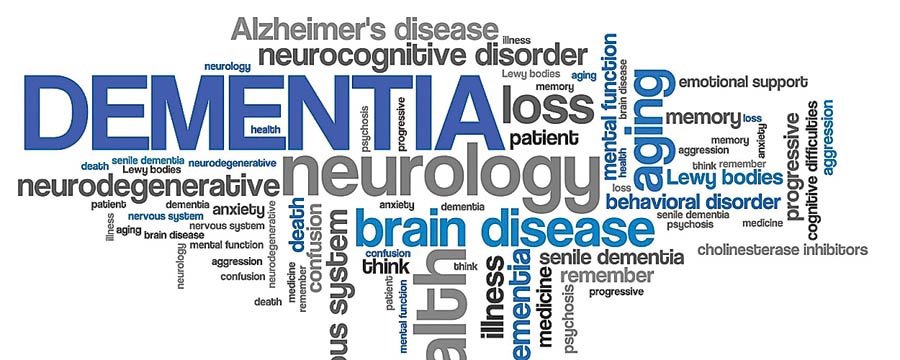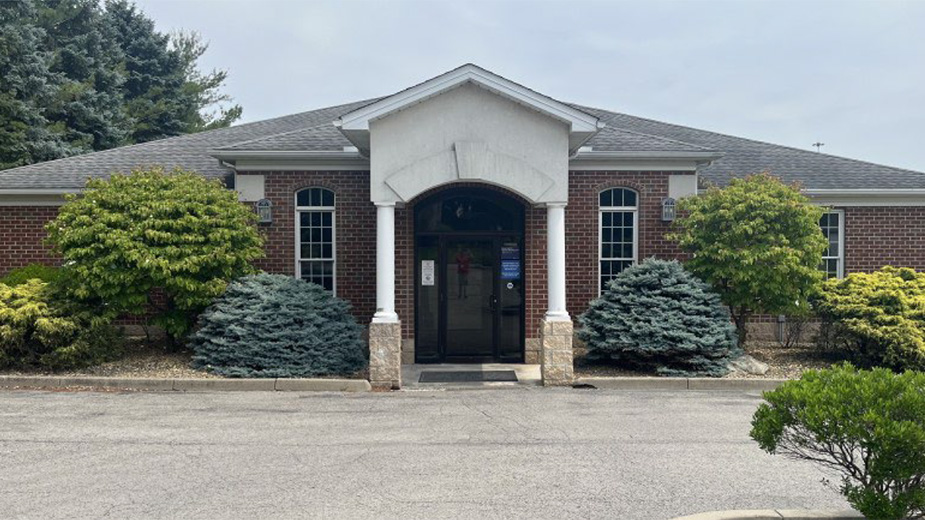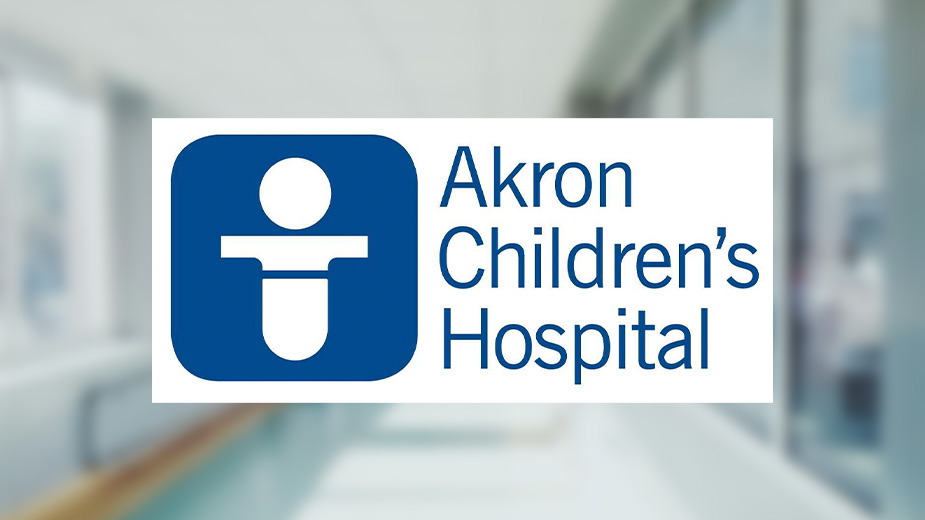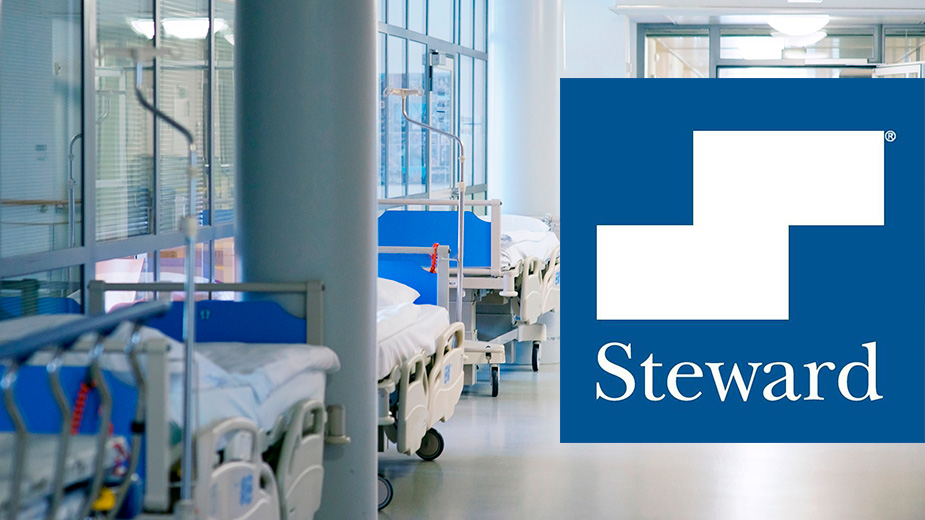Alzheimer’s Groups Provide Support to Families
YOUNGSTOWN, Ohio – There are few easy days when living with or caring for someone who has dementia. Good days exist, certainly, but the effects – the stress, the fretting, the exhaustion – take their toll.
Easing that toll is the primary mission of the Youngstown-based Alzheimer Network and the Alzheimer’s Association, a national organization whose Greater East Ohio Area chapter covers the Mahoning Valley.
While the size and scope differ, the purpose of both is quite similar. They provide support and educators to all involved with dementia, whether those who use their services are patients, caregivers or doctors.
And, upfront, both note that they don’t limit their services to those with Alzheimer’s disease, they serve all forms of memory loss.
“A lot of the symptoms are the same. We’re talking about a progressive condition that’s getting worse [when we talk about Alzheimer’s],” says Cheryl Kanetsky, executive director of the local Alzheimer’s Association chapter. “Some people can have dementia from a stroke where it develops and they stabilize. Illnesses like Alzheimer’s have a steady, slow decline on its own.”
The chapter covers 17 counties that include Mahoning, Trumbull and Columbiana counties and has offices in Canfield, Canton and Hudson.
In its service area, some 60,000 people are living with Alzheimer’s – including 7,200 in Mahoning County and 5,800 in Trumbull County – and 250,000 caregivers.
The national organization handles advertising and awareness campaigns, lobbying for changes in Medicare regulations and pushes insurance companies to cover dementia care, Kanetsky says.
Nationwide, more than five million people live with Alzheimer’s, a number projected to grow to 16 million by 2050.
With the region’s aging population, the number is sure to rise here as well. And with these increasing numbers, the organizations are doing what they can to both educate the public and help families cope.
“Being forewarned is being forearmed. If you have a little bit of an idea, then you’re at least somewhat prepared,” says Dorothy Barto, executive director of the Alzheimer Network. “No one knows exactly what’s going to happen with a patient. You’ll have a hundred patients and have a hundred different quirks because you’re building off an existing personality.”
Barto’s organization hosts seminars, provides information to those seeking it, participates in health fairs and runs 13 monthly meetings for support groups, most held in churches or assisted living centers.
The meeting times are varied to provide caregivers with flexibility in scheduling. If someone can’t make it to the 7 p.m. meeting in Austintown, maybe he can go to the 1:30 p.m. meeting in Boardman or the noon meeting in Poland.
Most groups are 10 people or fewer and are “very nonstructured,” as Barto describes them.
“We don’t have to do anything other than guide it. Sometimes all it takes is asking if anyone’s had any issues since last time,” she says.
The groups are spread across the Mahoning Valley – plus one in Greenville, Pa. – in places such as Warren and Youngstown as well as sites farther away from the population centers such as Salem and East Liverpool.
With the areas farther away from metro centers, Kanetsky says, organizations like the Alzheimer’s Association face a couple of challenges. In rural areas, because there are fewer people, patients have fewer places to seek care.
There’s also the mentality of people in more rural areas, she says.
“The mindset is to do everything yourself, maybe reach out to family and friends but still do it yourself,” she says. “That’s a wonderful philosophy but you still have that eight- to 10-year journey.”
The support groups are an important part of treatment for caregivers. Most with dementia live eight to 10 years after their diagnoses and over the course of the disease family and friends fall by the wayside, either because they don’t know how to deal with the disease or because they lack the time.
“People in the support groups become the new social circle, which is very valuable,” Kanetsky says. “There’s someone else who says, ‘This is what I tried and it really helped.’ It helps them feel like they’re not alone. It gives them more things that they can try and it builds a social network.”
The events and offerings of the Alzheimer’s Association are similar, although it also organizes Walk to End Alzheimer’s fundraisers, offers a 24/7 help hotline and care consultations to help families determine a course of treatment.
“We’re trying to be a resource for people as soon as they’re diagnosed,” she adds. “Sometimes doctors don’t know what resources are available.”
To provide a better sense of what’s available, the Alzheimer Network hosts a professional seminar series that focuses on what Barto calls “the nurse stuff” – symptoms, behaviors, diagnosis and medication.
Another series focuses on the legal and financial aspects of dementia. Earlier this year, Judge Robert Rusu talked about guardianship, for example, while another seminar centers on the effect on caregivers.
“We don’t need to reinvent the wheel. Why should they have to go searching for all of this information when we can give it to them in a capsule form?” she says.
Similar seminars hosted by the Alzheimer’s Association cover warning signs, communicating with those with dementia and “a whole spectrum of topics,” Kanetsky adds. Some topics are aimed at people not yet living with Alzheimer’s, either as patient or caregiver.
“You have to be proactive because changes are going to happen. People think that things are fine now and they’ll stay fine,” she says. “Because of the progressive nature of the disease, you have to prepare for the day your loved one can’t dress himself or make their own meal.”
Copyright 2024 The Business Journal, Youngstown, Ohio.



